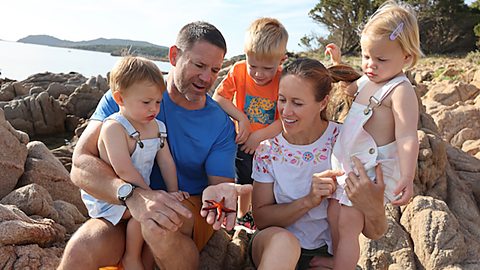If you've ever looked at the tiny world at your feet, while you're out on a walk in the woods or park, and wondered, "Where would I fit in?", then our minibeast personality quiz is for you!
You can find any of these bugs and creatures in the UK this summer - just take a look at this Summer of Adventure guide and make a bug pooter to get up nice and close!
What is a minibeast?
'Minibeast' is a general term for the huge number of bugs and smaller creatures we share the world with.
These include insects, which always have six legs and antenna - bees, butterflies and beetles, for example. According to the , humans have discovered over one million species of insect so far, but some think there could be as many as 10 million!
As well as insects, common minibeasts could be arachnids, like spiders, crustaceans, like woodlice, or molluscs, like snails.
What they have in common is that they are all invertebrates, which means that they don't have a backbone like us. It's why you probably wouldn't call a dormouse or wren a minibeast, even though they're tiny!
To find out more about minibeasts, check out this science guide from ┬ÚÂ╣ď╝┼─ Bitesize.

More from ┬ÚÂ╣ď╝┼─ Bitesize Parents' ToolkitÔÇŽ
Parents' Toolkit
Fun activities, real-life stories, wellbeing support and loads of helpful advice - we're here for you and your child.

Hunt for minibeasts and make a bug pooter
This guide is perfect for families on the lookout for insects and other bugs in the great outdoors.
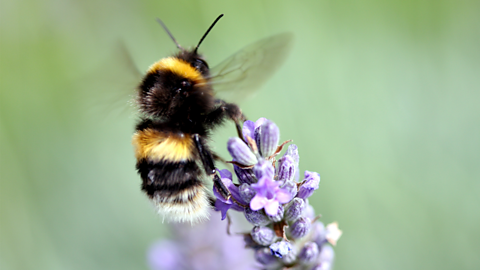
Quiz: Learn to spot UK birds using their songs
Help your child learn how to identify British garden and woodland birds from their songs and appearance.
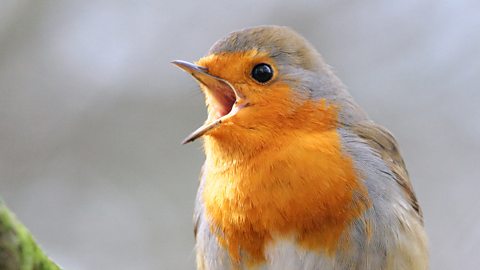
How to spot bats in the UK
Where to find them, how to spot them and some bat facts to wow the kids!
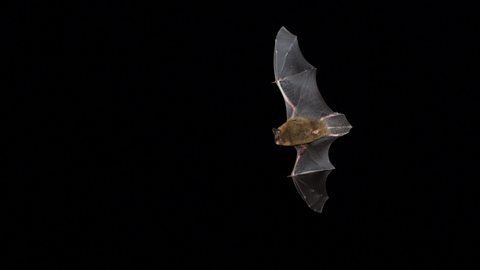
How to make a moth magnet
Moths are one of the most diverse animals we have in the UK - follow this guide to see them up close!
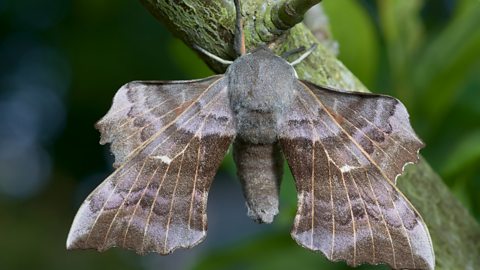
Why playing out and exploring is good for our kids
Steve Backshall, Helen Glover and child psychology expert Helen Dodd have some advice for parents.
